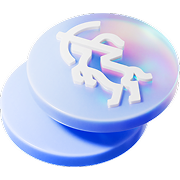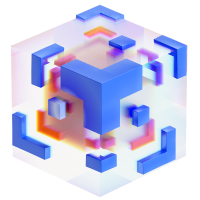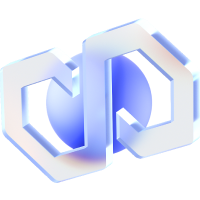Blockchain Programming Languages: Choosing the Ideal Language for Web3 Apps

July 23, 2024
7 min read
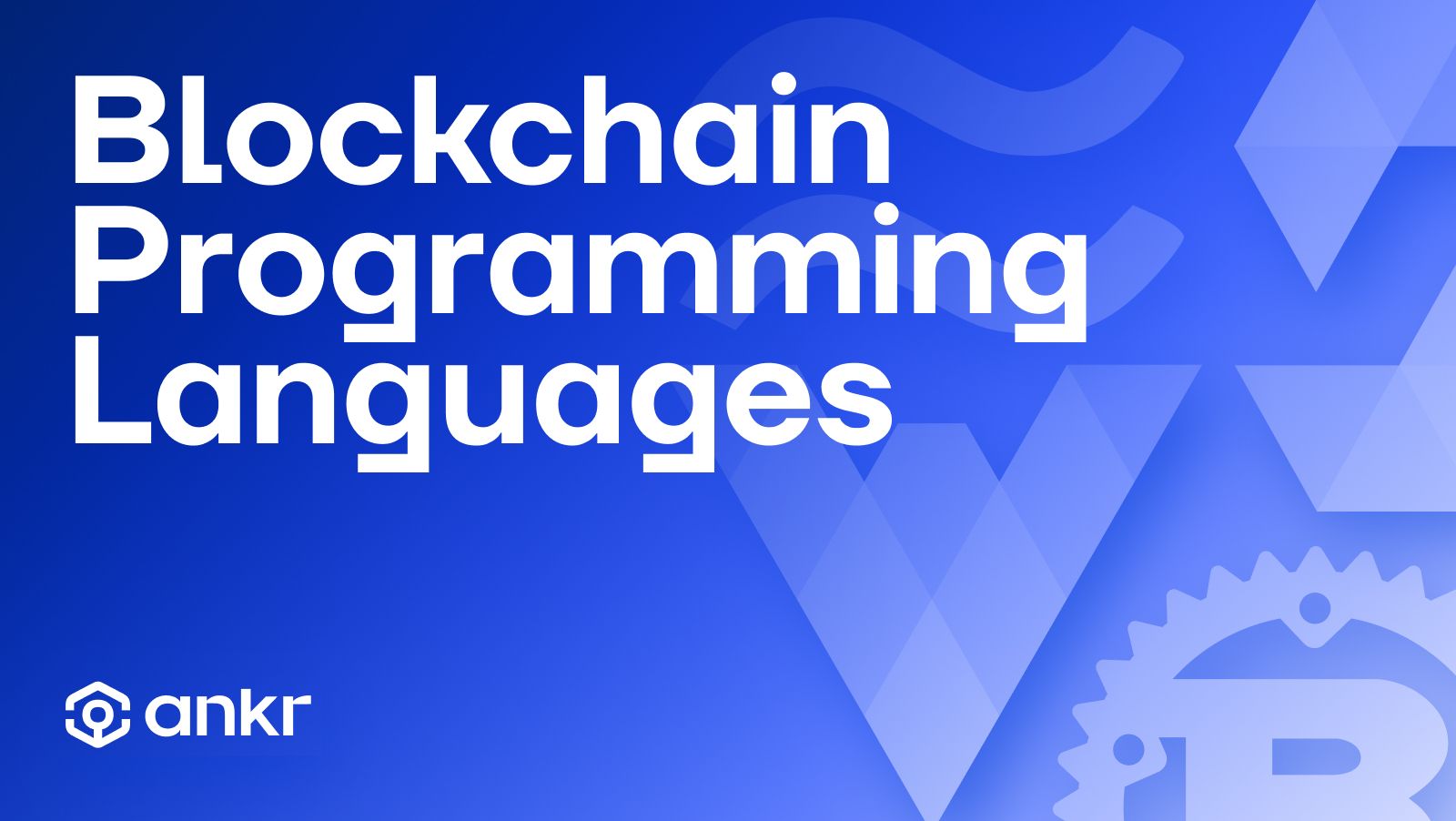
The world of blockchain technology and Web3 applications is booming, and the programming languages used to build these decentralized systems are at the heart of this movement. Whether you're an experienced developer or new to blockchain, understanding the landscape of blockchain programming languages is crucial for creating innovative decentralized applications (dApps) that will shape the future.
Why Choose a Specialized Blockchain Coding Language?
General-purpose languages like Python or JavaScript can be adapted for blockchain development, but specialized blockchain languages are designed with the unique needs of this technology in mind:
- Security Focus: Blockchain applications handle sensitive financial data and execute irreversible transactions. Specialized languages often incorporate features like formal verification and strict type systems to minimize security risks.
- Smart Contract Optimization: These languages offer specific data structures and functionalities for creating efficient and secure smart contracts, the self-executing agreements that power dApps.
- Community and Ecosystem: A dedicated community of blockchain developers builds a rich ecosystem around specialized languages, providing libraries, frameworks, and support resources tailored to blockchain needs.
- Domain-Specific Features: Specialized languages streamline blockchain development by offering built-in functions for token creation, asset management, decentralized identity, and other common blockchain operations.
Key Advantages of Blockchain-Specific Languages
Choosing a specialized language for blockchain brings several key benefits:
- Improved Security: Robust security features, such as formal verification and static analysis tools, help detect and prevent vulnerabilities in smart contracts, ensuring the integrity of blockchain systems.
- Efficiency: Blockchain-specific languages are optimized for the unique requirements of blockchain operations, leading to faster transaction processing, reduced resource consumption, and lower gas fees.
- Ecosystem Support: A thriving ecosystem around specialized languages provides developers with a wealth of libraries, tools, and frameworks, accelerating development and reducing the learning curve.
- Community: Strong communities foster collaboration, knowledge sharing, and innovation, providing invaluable resources and support for blockchain developers.
Top Blockchain Programming Languages: Which Blockchain is Often Used for Web3 Applications
Solidity: The Reigning Champion
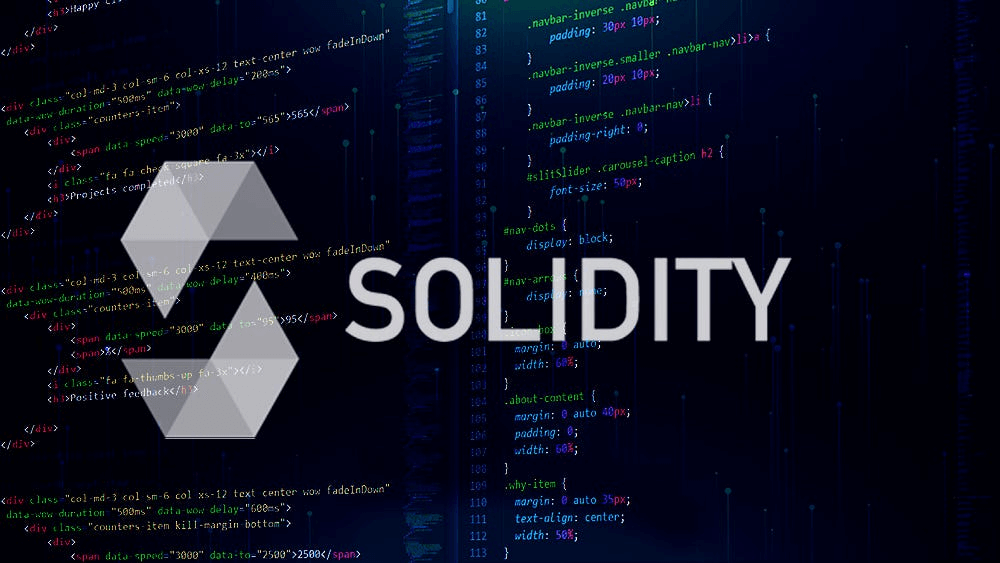
Image source: Annie: Why is Solidity the Sexiest Programming Language?
- Designed for: Ethereum and other EVM-compatible blockchains.
- Strengths:
- Most Popular: Solidity holds the crown as the most widely used blockchain language, boasting a massive community, extensive documentation, and a vast ecosystem of tools and libraries.
- JavaScript-like Syntax: Its curly-brace syntax is familiar to many developers, easing the transition to blockchain development.
- Extensive Ecosystem: The Ethereum ecosystem offers a wealth of resources, including frameworks like Truffle and Hardhat, making development smoother and more efficient.
- Challenges:
- Security Risks: Solidity's flexibility can also lead to vulnerabilities if not handled carefully. Thorough testing and security audits are crucial.
- Learning Curve: Mastering Solidity's nuances and understanding its security pitfalls can be challenging, especially for beginners.
Vyper: A Security-Boosted Alternative
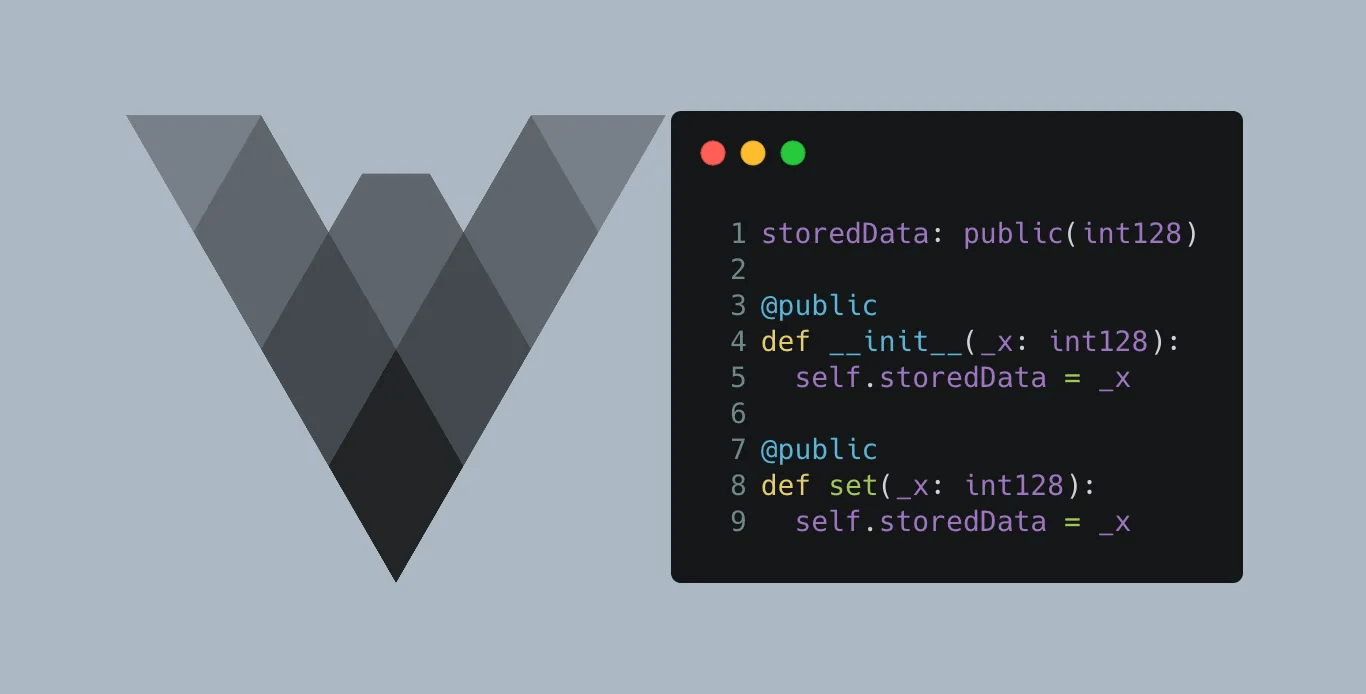
Image source: Hands-on Vyper Tutorial by aicoding
- Designed for: EVM-compatible blockchains.
- Strengths:
- Enhanced Security: Vyper prioritizes security by limiting features and imposing stricter syntax rules, making it easier to audit and verify smart contract code.
- Pythonic Syntax: Its Python-like syntax appeals to many developers, offering a more readable and intuitive experience.
- Emerging Ecosystem: While still growing, the Vyper community is passionate and dedicated to building a robust ecosystem of tools and resources.
- Challenges:
- Limited Ecosystem: Vyper's ecosystem is less mature than Solidity's, with fewer libraries and tools available.
- Lower Adoption: Vyper's stricter rules and limited features might not be suitable for all types of dApps.
Rust: Empowering the Next Generation of Blockchains
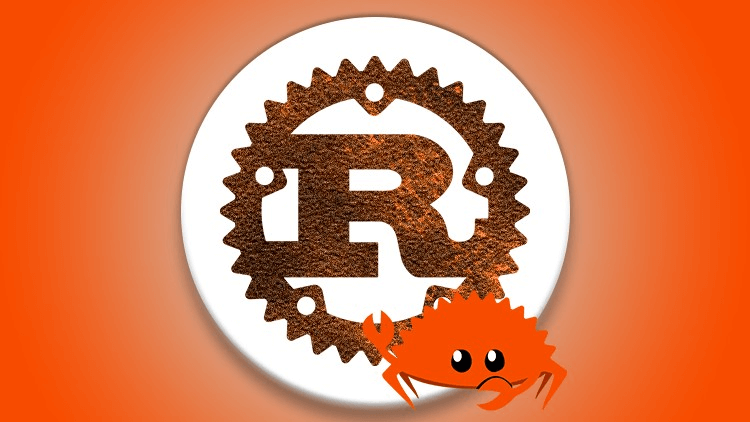
Image source: Udemy rustaceans course
- Designed for: General-purpose, but rapidly gaining popularity in blockchain development (e.g., Solana, Polkadot, NEAR).
- Strengths:
- Uncompromising Safety: Rust enforces strict memory safety and prevents common programming errors, making it ideal for building secure and reliable blockchain applications.
- Performance: Rust's zero-cost abstractions and efficient memory management deliver exceptional performance, making it suitable for high-throughput blockchains.
- Growing Community: Rust's popularity is surging in the blockchain space, attracting talented developers and fostering a vibrant community.
- Challenges:
- Steeper Learning Curve: Rust's unique ownership model and strict compiler can be challenging for beginners to grasp.
- Limited Ecosystem: The Rust blockchain ecosystem is still developing, but the community is actively building libraries, frameworks, and tools.
Move: Purpose-Built for Digital Assets
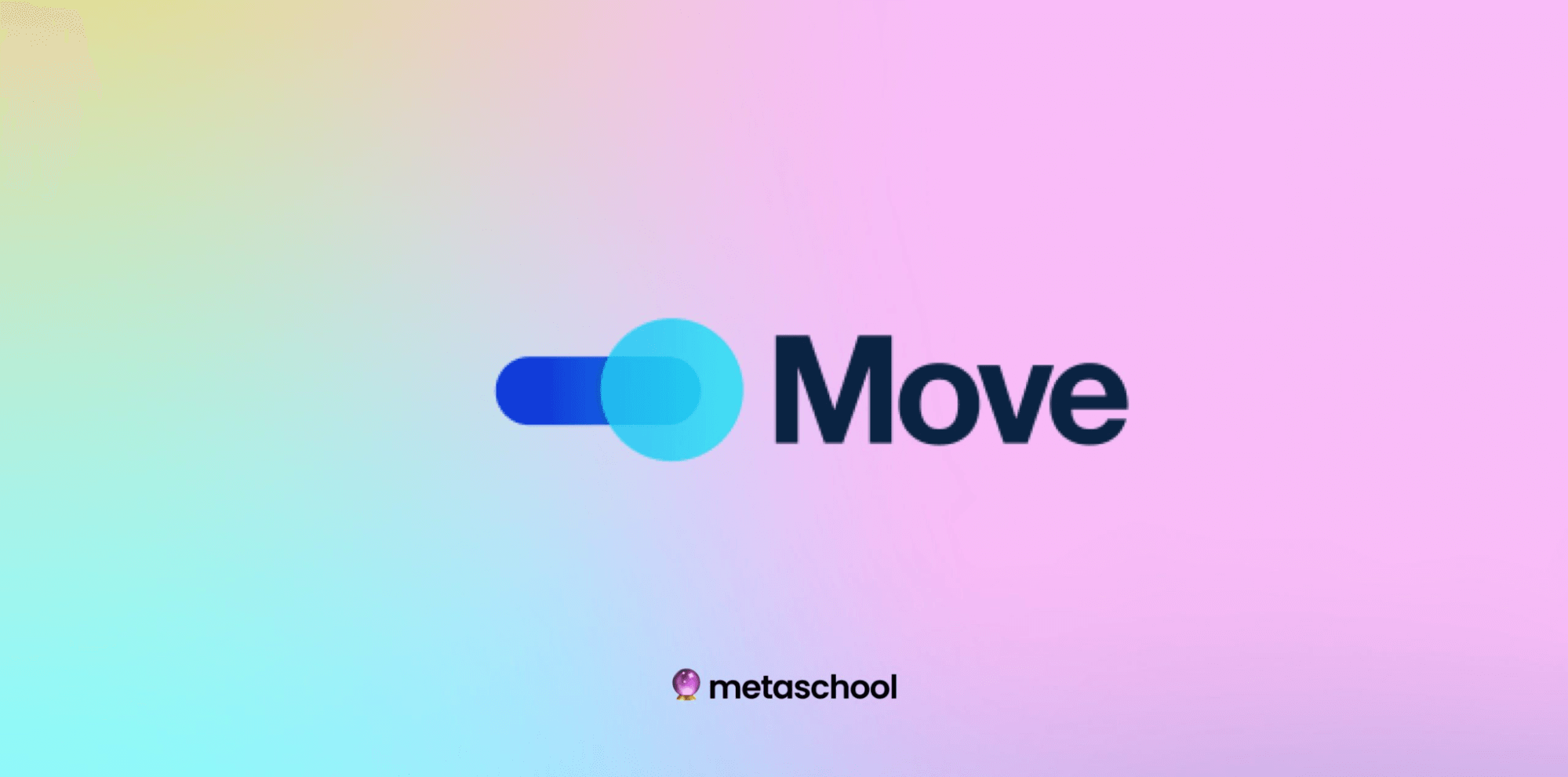
Image source: Move language guide
- Designed for: The Diem blockchain (formerly Libra), focused on asset management and financial applications.
- Strengths:
- Resource-Oriented Programming: Move introduces a novel programming model that prioritizes resources (e.g., coins, tokens), ensuring secure and flexible asset management.
- Formal Verification: Move's design facilitates formal verification, allowing developers to prove the correctness of their code with mathematical rigor.
- Security: Move emphasizes security at its core, with features like linear types and resource ownership, making it suitable for financial applications.
- Challenges:
- Early Stage: Move is still relatively new and evolving, with a smaller community and ecosystem compared to more established languages.
- Limited Adoption: The Diem blockchain is not yet widely adopted, limiting the immediate use cases for Move.
Other Notable Blockchain Languages
While Solidity, Vyper, Rust, and Move dominate the blockchain language landscape, several other languages play significant roles in specific niches or emerging projects:
- C++: The backbone of Bitcoin and EOS, C++ offers high performance and low-level control, making it suitable for complex blockchain implementations.
- JavaScript (Node.js): Widely used for building dApp front-ends and interacting with blockchain networks through libraries like Web3.js and ethers.js.
- Go (Golang): Favored for its simplicity, concurrency model, and efficiency, Go is used in several blockchain projects, including Go Ethereum.
- Haskell: Cardano's smart contract language, Haskell's functional programming paradigm emphasizes correctness and formal verification.
- Python: Python's simplicity and readability make it a popular choice for rapid prototyping, scripting, and data analysis in the blockchain space.
- Java: With its extensive libraries and enterprise-level capabilities, Java is utilized in projects like Hyperledger Fabric for building permissioned blockchains.
How to Choose the Right Blockchain Programming Language
Selecting the optimal blockchain programming language depends on several factors:
- Project Goals: The nature of your dApp (DeFi, NFTs, gaming, etc.) will influence your language choice. For example, Solidity is well-suited for DeFi on Ethereum, while Rust's performance shines in high-throughput scenarios.
- Blockchain Platform: Different blockchains support specific languages. If you're building on Ethereum, Solidity is the default choice. Solana favors Rust, and Cardano uses Haskell.
- Development Team: Consider the skills and experience of your team. If they are familiar with JavaScript, Solidity might be easier to adopt. If they are proficient in Rust, it opens up a wider range of blockchain options.
- Community and Ecosystem: The strength of a language's community and the availability of tools and libraries can significantly impact development speed and ease.
- Security Requirements: If formal verification and stringent security are paramount, languages like Vyper and Move offer advantages.
How to Learn a New Blockchain Programming Language
- Choose Your Language: Align your choice with your project goals and personal interests.
- Master the Basics: Start with official documentation, tutorials, or online courses to grasp the language's syntax, data structures, and core concepts.
- Build Projects: Hands-on practice is key. Begin with simple dApps or smart contracts to apply your knowledge and gain practical experience.
- Join the Community: Engage with fellow developers through forums, Discord servers, or social media channels to ask questions, share ideas, and learn from others.
- Contribute to Open Source: Participate in open-source blockchain projects to gain real-world experience, collaborate with experienced developers, and contribute to the community.
- Stay Updated: Blockchain technology evolves rapidly. Keep up with the latest developments, best practices, and security trends through blogs, newsletters, and conferences.
No-Code Platforms: The Democratization of Blockchain Development
No-code platforms are empowering individuals with limited coding skills to build blockchain applications. These platforms abstract away the complexities of blockchain programming, allowing users to create dApps using visual interfaces and drag-and-drop components.
While no-code platforms may not be suitable for highly complex projects, they offer a valuable entry point for beginners, entrepreneurs, and non-technical users to experiment with blockchain technology and bring their ideas to life. Some popular no-code blockchain platforms include:
-
Asphere: A platform letting anyone launch a new layer 2 blockchain and token in minutes using their no-code RaaS tools. Launch a new blockchain now →
-
Moralis: A comprehensive platform offering various tools and services for dApp development, including a no-code backend builder.
-
Bunzz: Bunzz is a no-code platform that allows anyone to create decentralized applications (dApps) without writing a single line of code.
-
Bildr: Bildr is a no-code platform specializing in creating single-page applications (SPAs). It offers a visual interface and pre-built templates to streamline the development process.
Final Thoughts
The world of blockchain programming languages is a vibrant and evolving landscape, with a language to suit every project and skill level. By understanding your project's requirements, assessing your team's capabilities, and leveraging the resources available, you can choose the ideal language and embark on your journey to build the decentralized future.
Join the Conversation on Our Channels!
Twitter | Telegram | Discord | YouTube | LinkedIn | Instagram | Reddit | All Links
